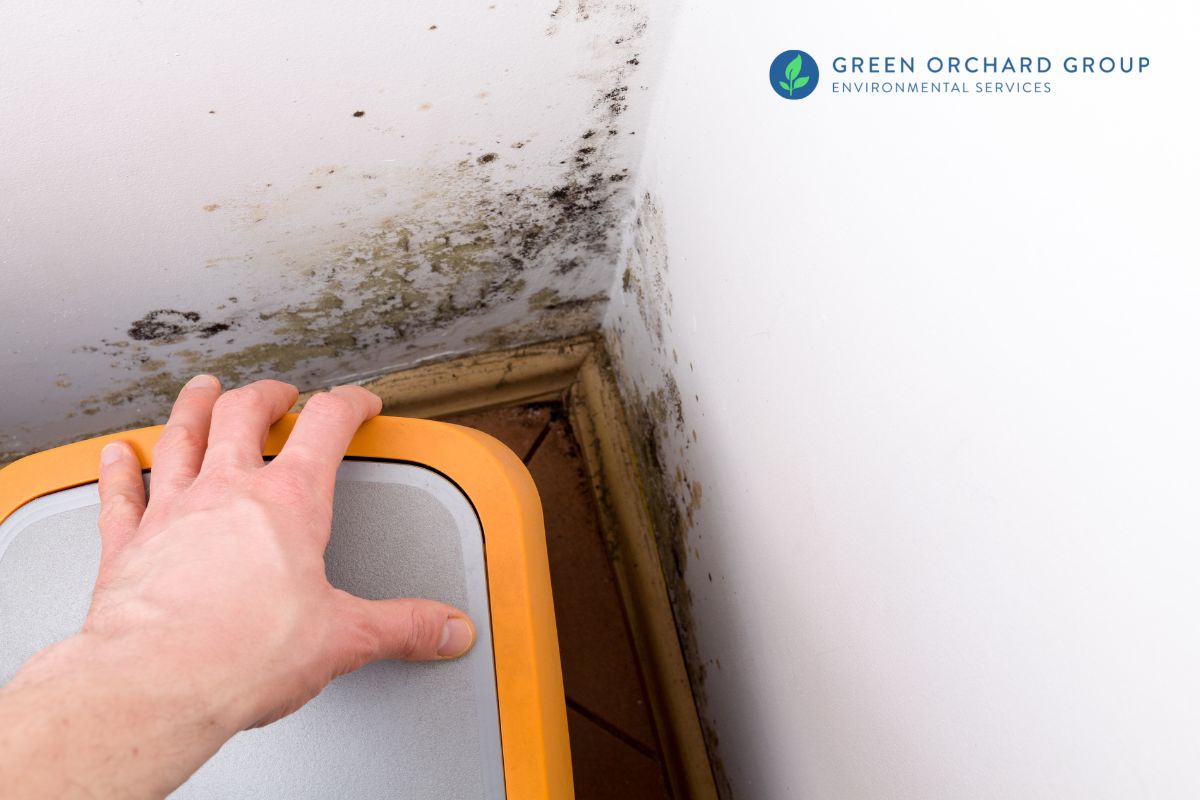
Mold, when it gets out of control, is hazardous to your home and property and should be taken seriously. Whether you own your own house or live in an apartment, it’s important to understand what causes mold and what to do about it.
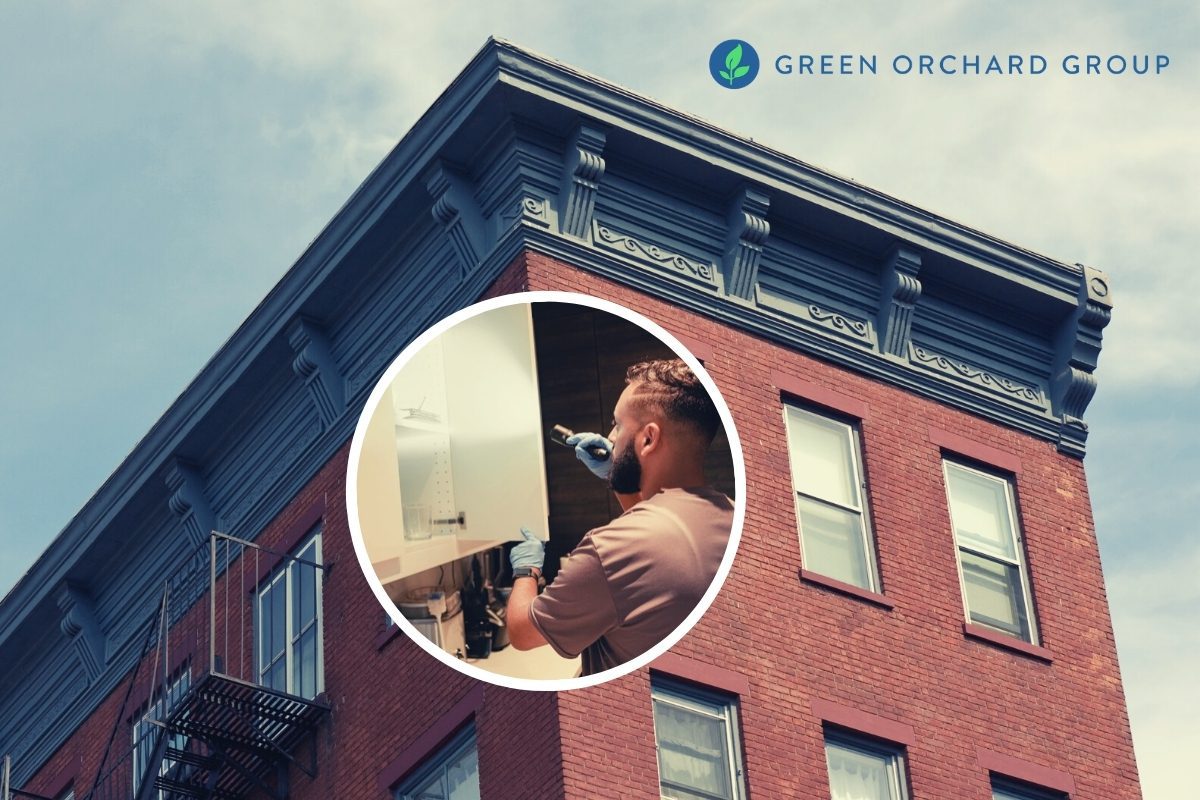
Local Law 55 requires landlords to keep their properties clear of indoor health hazards like mold and pests that may cause or worsen asthma. This guide will inform you of your lawfully required duties under Local Law 55.
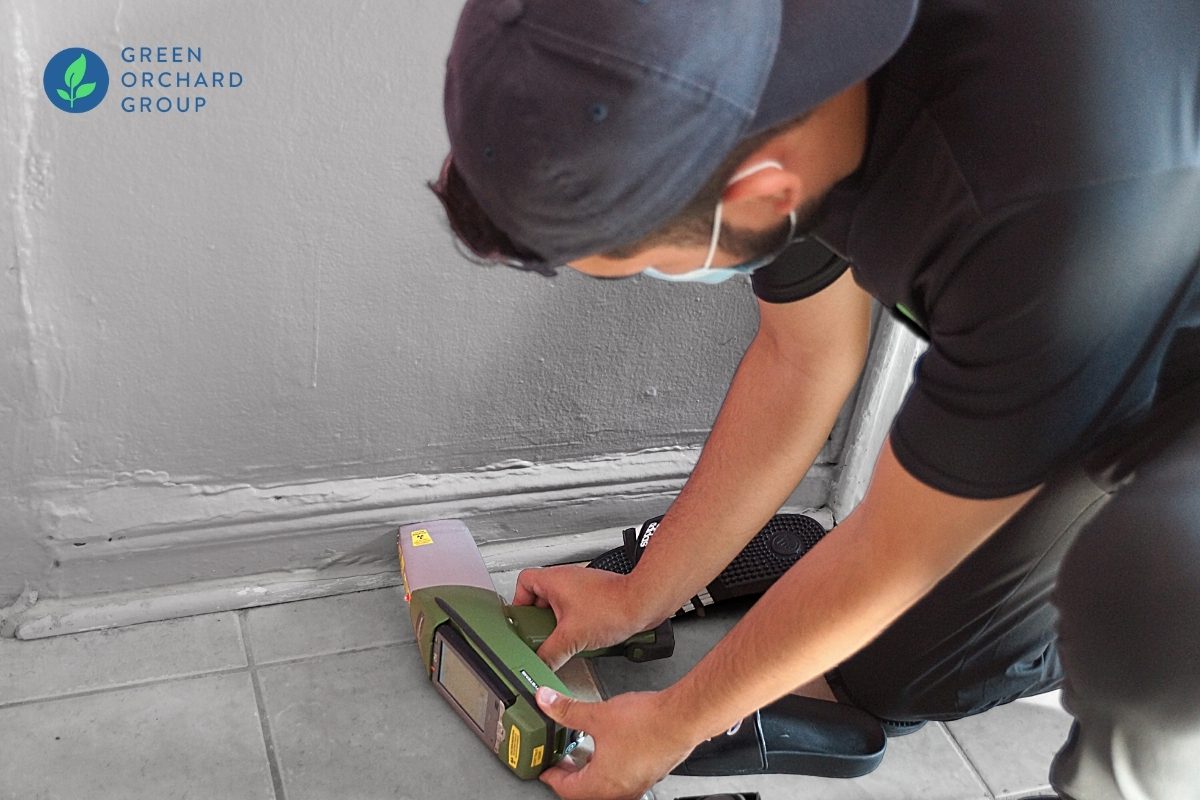
Are you renting, buying, or currently living in an apartment in NYC? Here’s what you need to know to protect your family and children from the risks of lead-based paint poisoning.
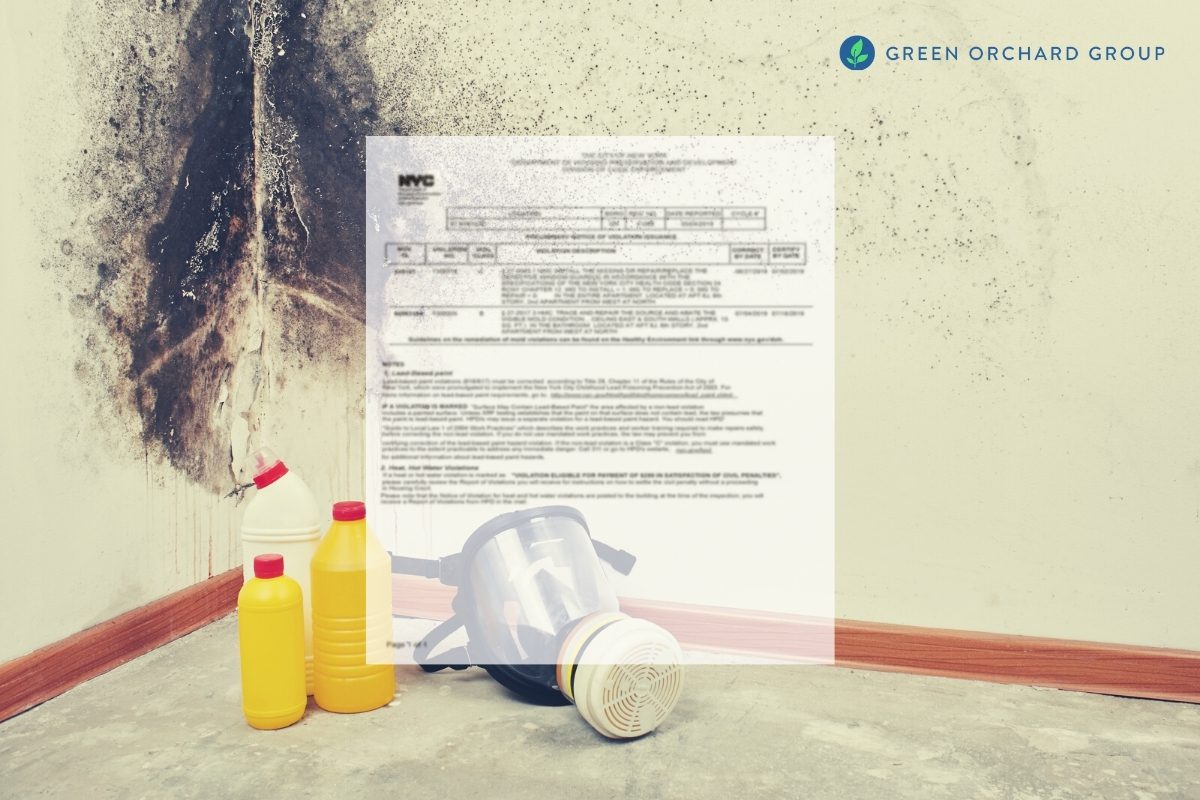
If you’ve received a notice of mold violation(s) from HPD for a building in NYC, follow the steps outlined in our infographic below to properly correct, certify, and clear the violation.

How can you tell if that weird odor in your room is from potentially toxic mold growth or just last week’s dirty laundry? In this article, we’ll break down what mold smells like and how to differentiate from other smells that are commonly mistaken for mold.
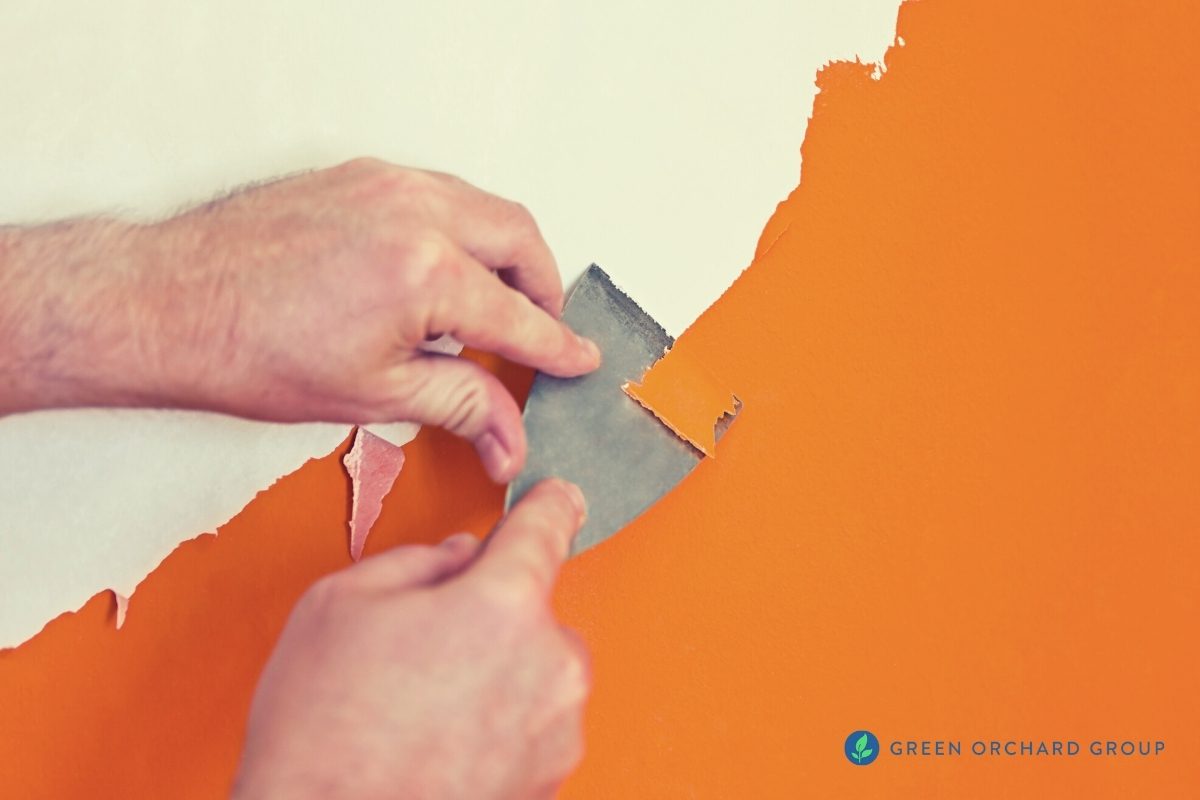
When a tenant is concerned about possible lead paint in an apartment in New York City, is the landlord responsible for removing the lead paint? The short answer is it depends. Here’s what landlords and tenants should understand about lead paint responsibility in NYC.
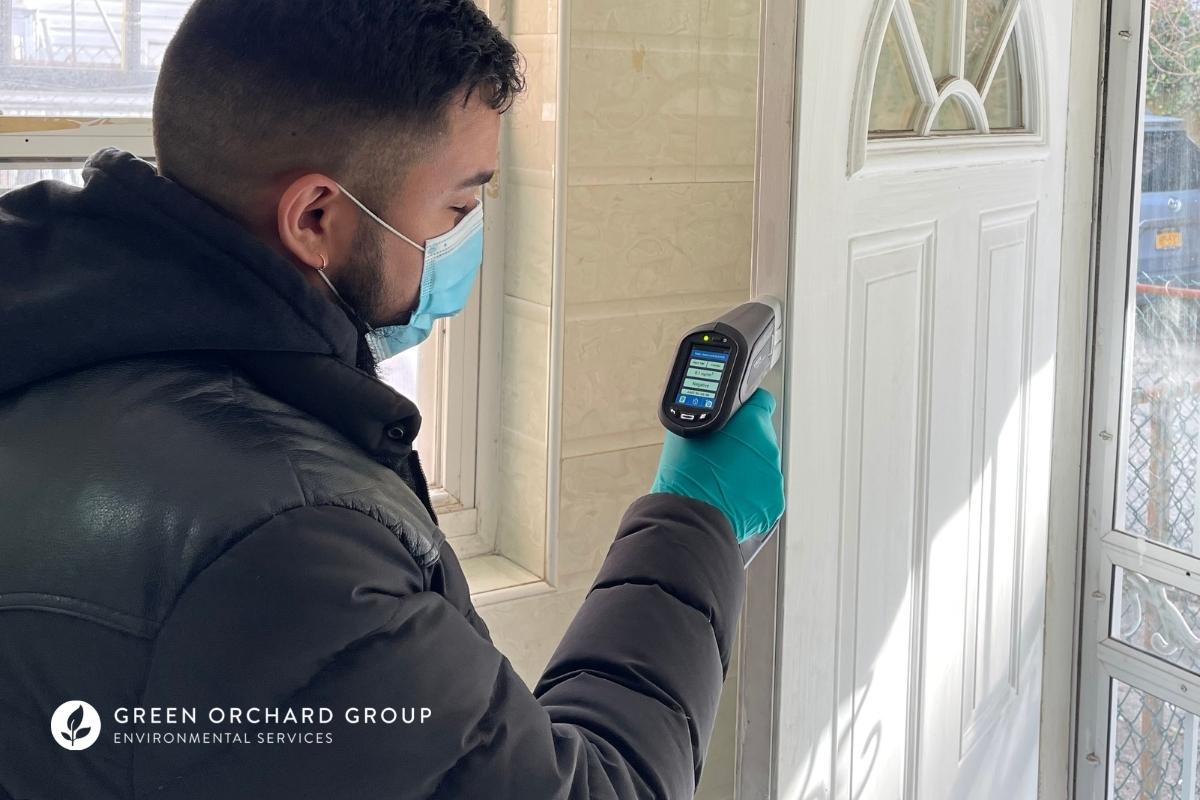
The term “lead-based paint hazard” refers to lead-contaminated paint that is deteriorated or present in accessible surfaces, friction surfaces, or impact surfaces. In other words, whether or not lead paint is a hazard depends on its condition and location.
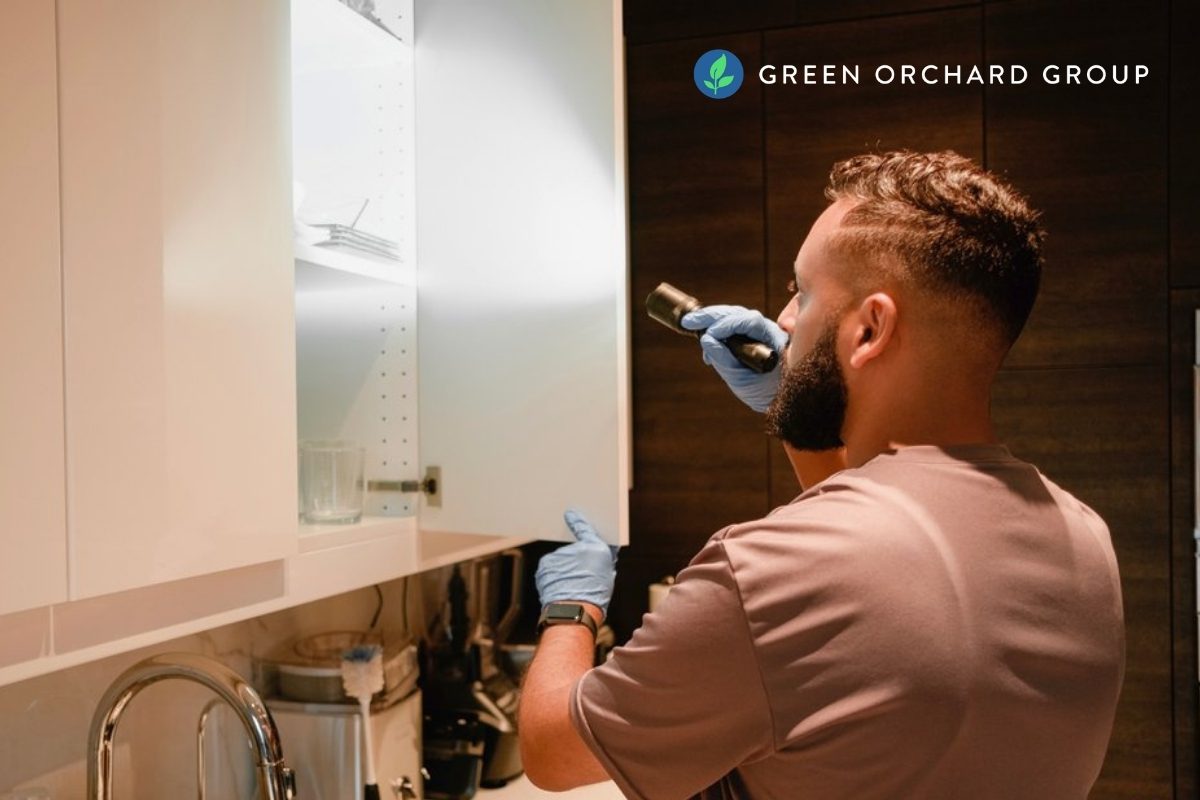
Local Law 55 of 2018 requires all multiple-dwelling property owners in NYC to investigate and remove indoor allergen hazards, specifically the presence of mold, rodents, and cockroaches, as well as the conditions which can lead to the occurrence of these hazards.
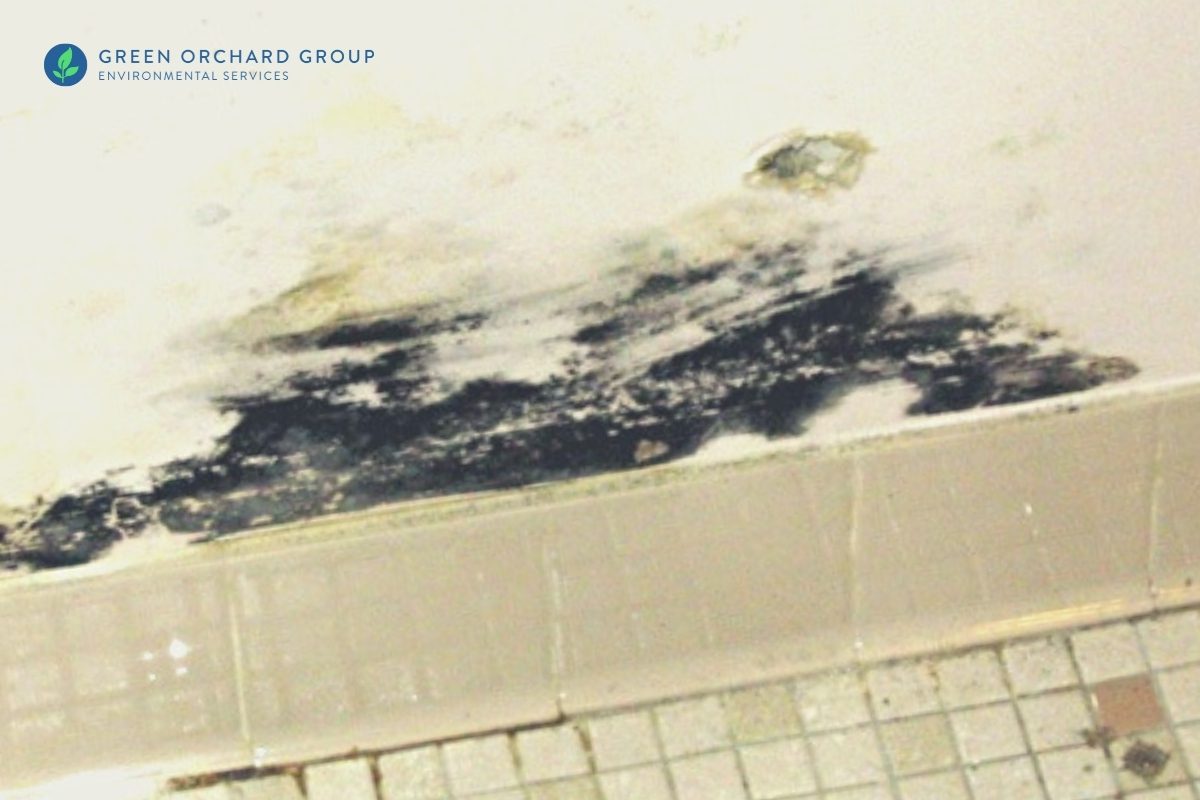
Concerned about black mold in your home after a leak or water damage? In this article, we provide an introduction to black mold (Stachybotrys chartarum) and some pictures of what it can look like.
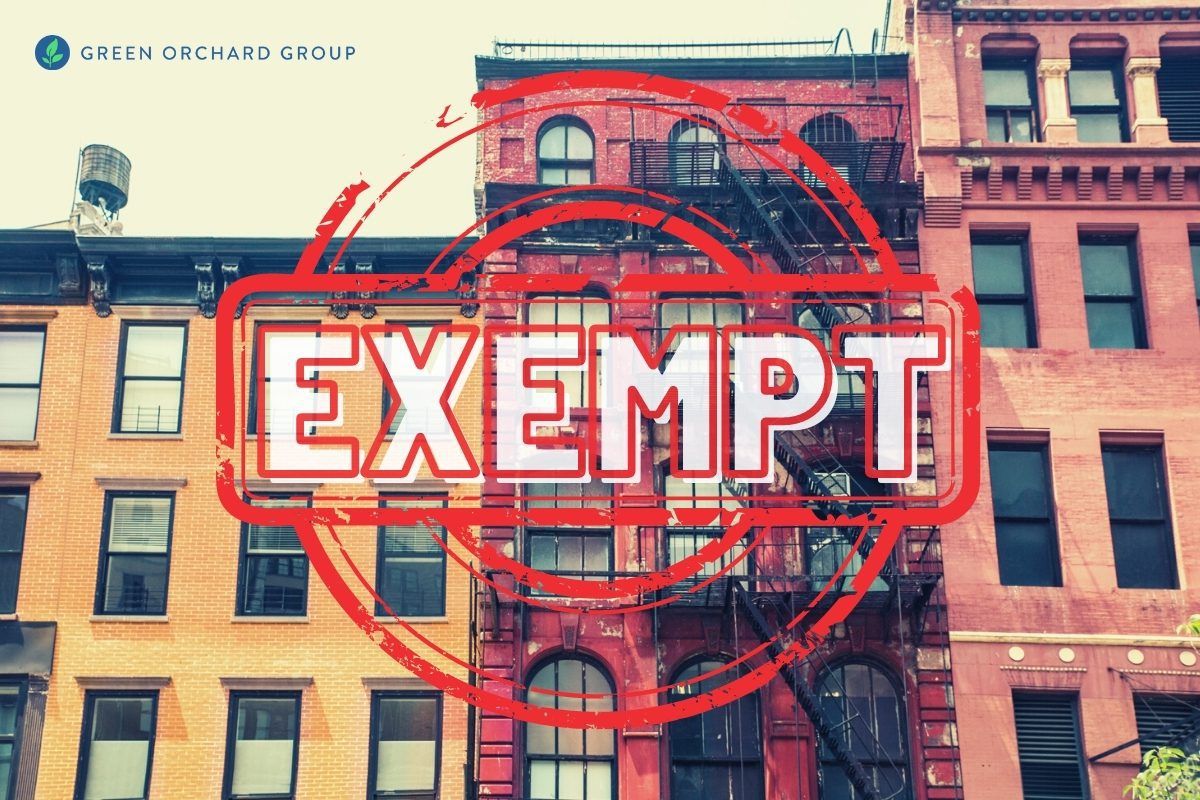
As a landlord or building owner, getting an HPD lead exemption can significantly lower your lead disclosure and investigation requirements under Local Law 1 of 2004. Here’s everything you need to know in order to apply for Lead Free or Lead Safe exemptions in New York City.